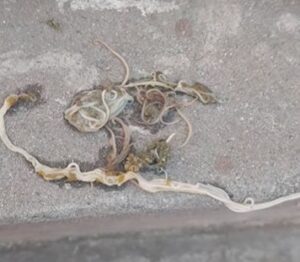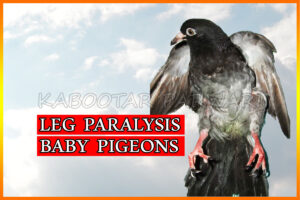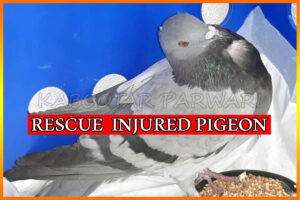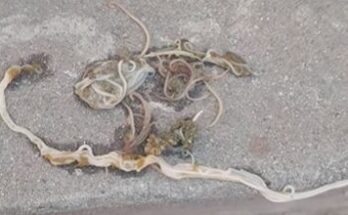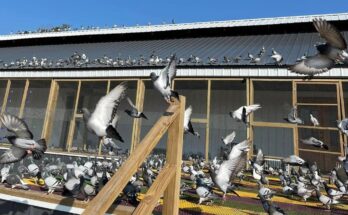Pigeons and Rain – Rain can have both positive and negative impacts on pigeons. On one hand, rain provides natural and fresh sources of water for pigeons to drink and bathe, which is essential for their health and hygiene. Pigeons rely on rainwater to stay hydrated and clean their feathers, which aids in insulation and flight.
On the other hand, heavy rain can make it challenging for pigeons to find suitable shelter, particularly during storms. Pigeons often seek refuge under bridges, ledges, or in tree hollows to protect themselves from heavy downpours.
Important Points For Pigeon Care in Rainy Season
- Shelter: Provide a secure and insulated shelter where your pigeons can stay dry during heavy rainfall.
- Drying area: Create a designated area within the shelter where the pigeons can dry off after getting wet.
- Good ventilation: Ensure proper ventilation in the pigeon loft to prevent mold and humidity-related problems.
- Waterproofing: Make sure the loft roof and walls are waterproof to keep the interior dry.
- Clean water: Change water bowls frequently to prevent contamination and ensure clean drinking water for the pigeons.
- Avoid wet food: Additionally reduce the amount of moist or wet food given to the pigeons.
- Dry bedding: Use dry bedding materials such as straw or wood shavings to keep the loft floor dry and prevent bacterial growth.
- Regular cleaning: Clean the loft regularly to remove any dampness or excess moisture.
- Disinfect regularly: Use avian-safe disinfectants to clean the loft and prevent the spread of bacterial or fungal infections.
- Monitor humidity: Use a hygrometer to monitor humidity levels in the loft. Keep it between 40-60% to prevent respiratory issues.
- Perches and roosting spots: Ensure that perches and roosting spots are elevated, dry, and well-protected from rainwater.
- Clear gutters and drainage: Keep gutters and drainage systems around the loft clean to prevent overflow and water accumulation.
- Optimal nutrition: Provide a balanced diet rich in nutrients to boost your pigeons’ immune system.
- Regular health checks: Furthermore monitor your pigeons closely for any signs of illness or stress. Contact a veterinarian if you notice any abnormal behavior or symptoms.
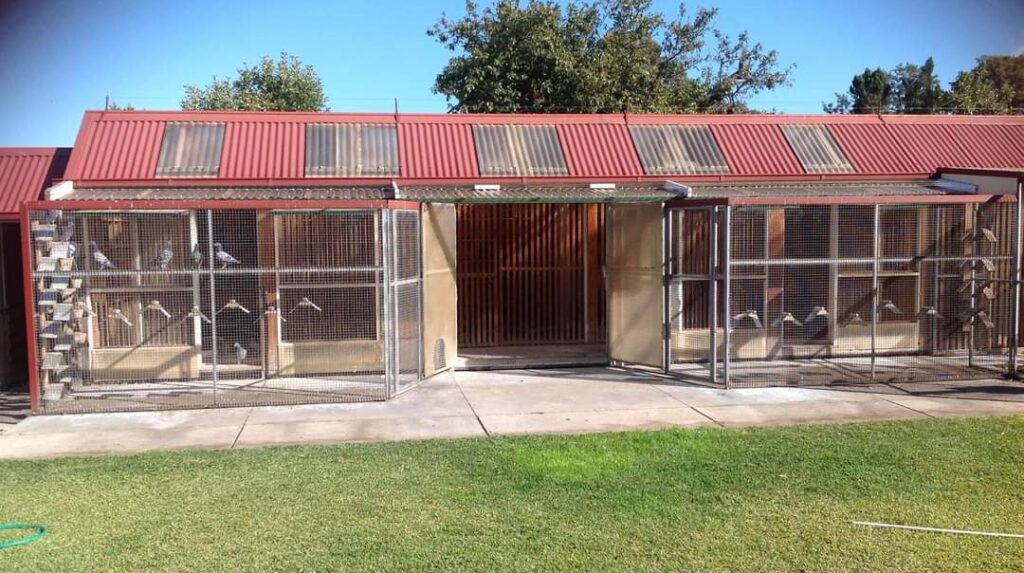
Wet Loft Issues for Pigeons
Wet lofts can promote the growth of bacteria, mold, and fungi, which can lead to respiratory problems and other health issues for the pigeons. It’s important to maintain good ventilation and hygiene to mitigate these risks.
Pigeons housed in wet lofts may experience poorer feather quality. Damp conditions can make it difficult for feathers to dry properly. As a result leading to damp and matted feathers that are prone to breakage and loss.
Wet lofts can also have a negative impact on the overall performance of the pigeons. Increased humidity levels, dampness, and mold spores in the air can contribute to respiratory stress, affecting their respiratory system and potentially impacting their flying abilities.
It’s crucial to provide a suitable environment for your pigeons to ensure their well-being and performance. Regardless the factors, If you’re experiencing persistent dampness in your loft, it might be worth considering ways to improve ventilation, insulation, and addressing any potential sources of moisture to mitigate the disadvantages associated with a wet loft.
